By Taiye Idahor, Oluwasolabomi Adeyemi, Adedolapo Fasan, Oreoluwa Adebayo, Kofoworola Arowosola, ItunuOyelekan, Mary Adewunmi, Oluwatobi Akeju, Joan Chris-Anyichie and Grace Oyede
Lagos state, a metropolitan city in Nigeria has been plagued by poor sanitary habits, ones not too prevalent in other cities of the world.
Lagos state is not without laws governing its sanitation. The Lagos state environmental protection agency sanitation law also known as LASEPA law was established on the 1st of March 2017 by the former governor of Lagos State, Akinwunmi Ambode. It was a law to provide for environmental sanitation in Lagos state and to establish the environmental sanitation corps for connected purposes.
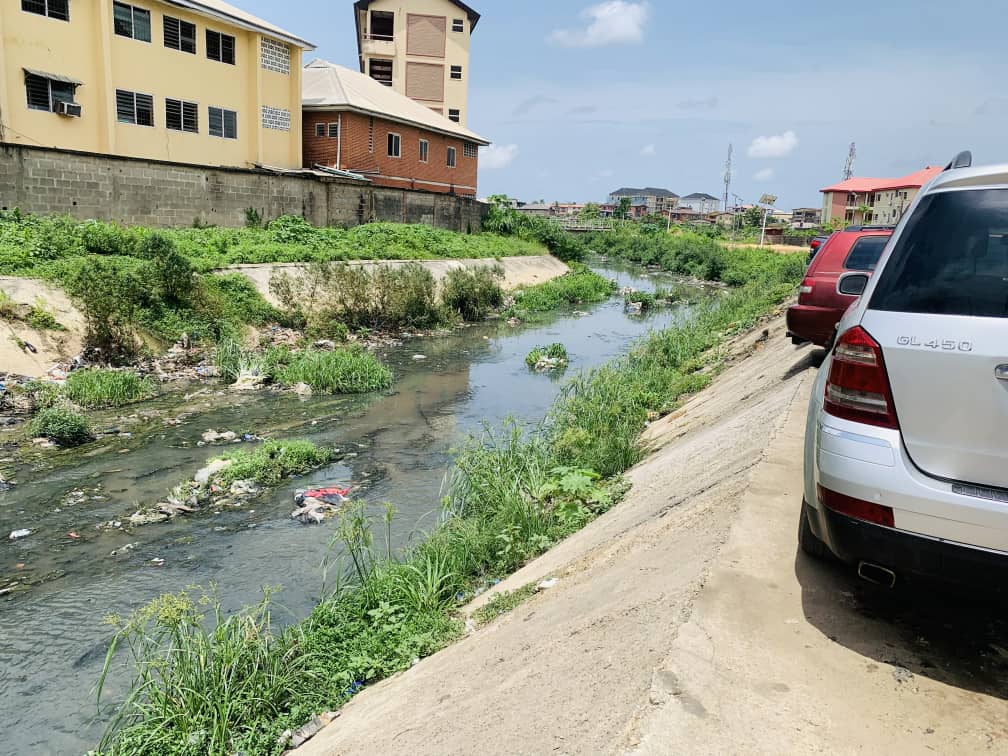
The law which states that “A person shall not discharge or cause to be discharged into the Discharge of environment any untreated waste or chemical substances listed in Untreated Waste” is enabled under the LASEPA (Lagos state environmental protection agency) which was established to be a body corporate with perpetual succession and a common seal and to have the power to sue and be sued in its corporate name; and also be capable of purchasing, acquiring, holding and disposing of movable and immovable property for the purpose of carrying out its functions.
It comprises a Chairman who shall be a reputable environmentalist with cognate experience, Permanent Secretaries of Ministries, the Director of Environmental Services; Sewage and Water of the Ministry; the General Manager of the Agency; and Three (3) other members drawn from the academia and the general public who are experts on environmental matters.
Speaking with residents of Somolu 6, it was gathered that the canal there isn’t exempted from the epidemic called indiscriminate refuse disposal. When it rains in that part of Lagos, fear of flood which is mostly caused by the inability of water to flow freely through the canal is heightened.
Ayomide Oluwafemi, a resident of this area said “Most of the time when it rains heavily, once the rain is about to stop, we are going to put some of the dirt in the area into the rain, push it down the canal. Once rain is falling, people will throw something inside. But if the government can not stop it, are we the ones that can stop it?”
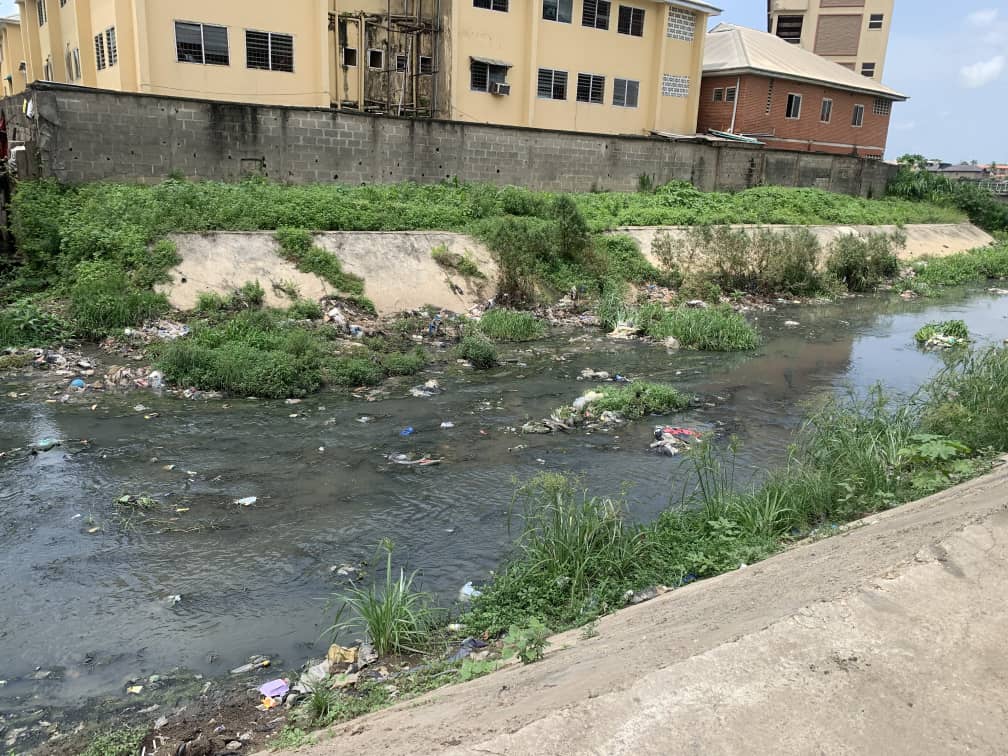
Findings revealed that besides flooding, the bad stench is seen as a part of their daily lifestyle as they seem to have developed a form of immunity to it.
An auto mechanic, Mr Muritala explained how much the offensive odour in the environment has affected his business. He said “People of low income like us don’t care about the smell, but our customers who are often big/rich people, when they come around, they complain about the canal, how smelly and dirty it is and sometimes, they don’t come back. We don’t worry about how it smells, when we perceive the odours too, we don’t have a choice as we have nowhere else to go.”
Secondly, we investigated the primary sources of pollution in the canal. Our research identified that a significant proportion of the canal’s dirtiness stemmed from the public’s behaviour. Littering, improper waste disposal, and irresponsible use of the canal by some individuals were observed as common factors contributing to the accumulation of debris and pollutants. It is essential to emphasize that the canal itself is not inherently unclean but becomes contaminated due to the actions of certain individuals.
Furthermore, we acknowledge that while the canal’s cleanliness may not have a direct negative impact on public health, it is crucial to address the issue of pollution caused by public behaviour. By fostering a sense of ownership and community engagement, we can collectively work towards preserving the cleanliness and hygiene of the canal.
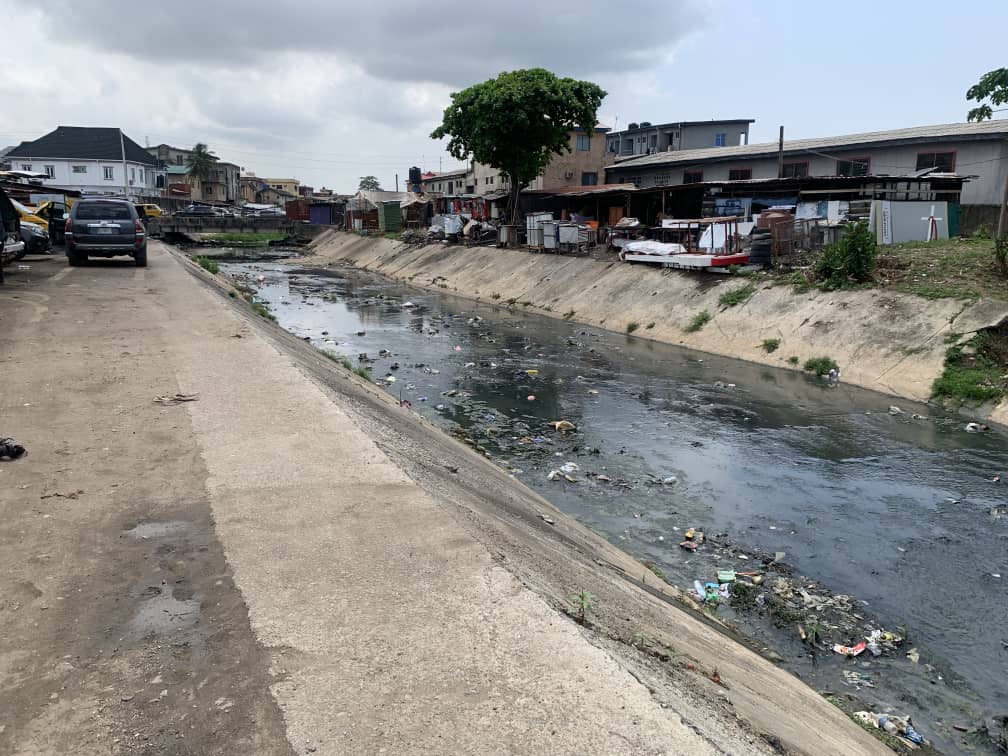
In Somolu 6, people believe that government intervention is of utmost importance in curbing indiscriminate waste disposal. “What the government can do is a lot, but they won’t do it, and they also know what to do, we cannot teach them what to do cos they have more wisdom and are more educated than we are, but doing the right thing is their problem. They are also more exposed than we are, they are well travelled, and know how things work in other countries but they won’t do the same here, that’s the problem we have in this country.” Muritala said.
When asked if it has always been like this, Taiwo Yusuf who has lived in this area for a while said “Before in Lagos, there was monthly sanitation on the last Saturday of every month but we don’t have that again. When you enforce compulsory sanitation on people, things will not be this bad.”
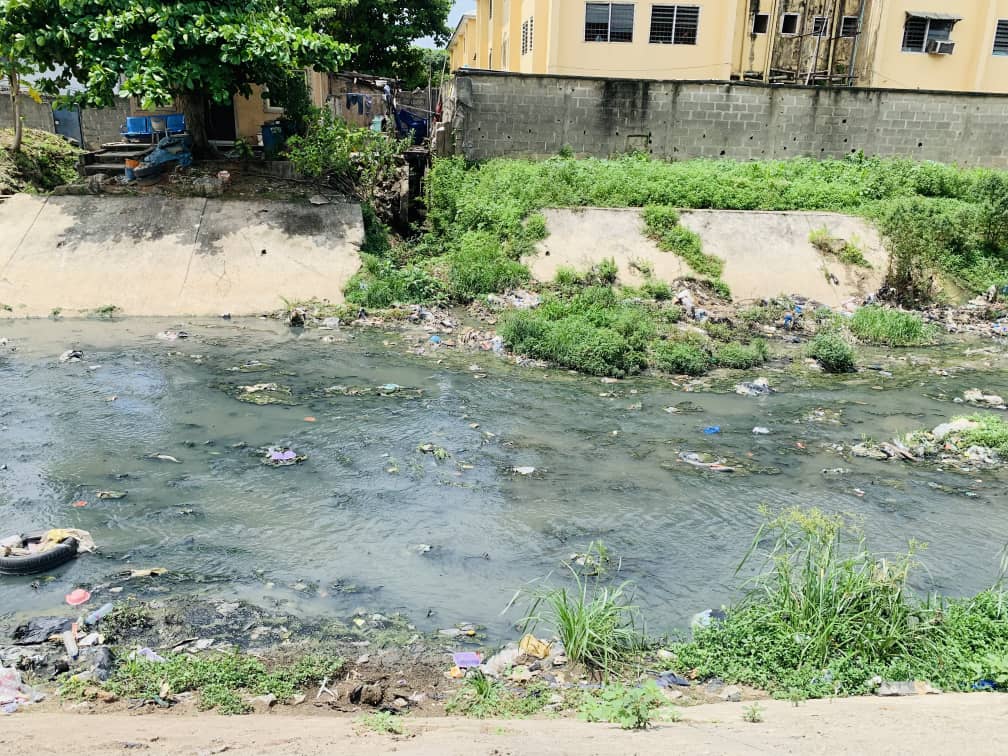
With this law duly enforced, the provision of waste bins at strategic points in the state, the efficiency of Lagos State Waste Management Agency (LAWMA) and ensuring that every public transportation vehicle has a waste bin, Lagos will indeed be a mega city void of piles of dirt on main roads, blocked canals and smelly streets.
In conclusion, our extensive research, in-depth interviews and analysis have led us to the finding that people are not significantly affected by the canal health-wise. Throughout this project, we carefully examined various aspects related to the canal’s cleanliness and its potential impact on public health.

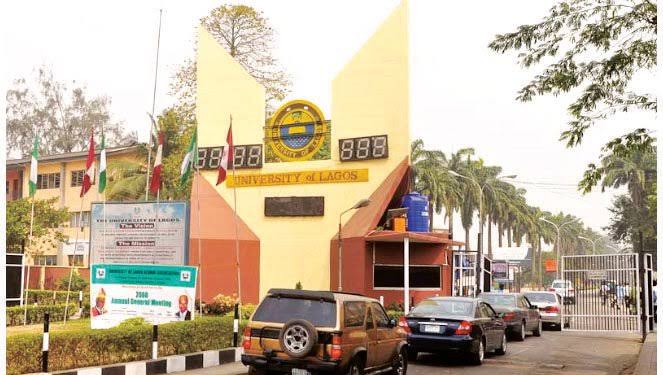

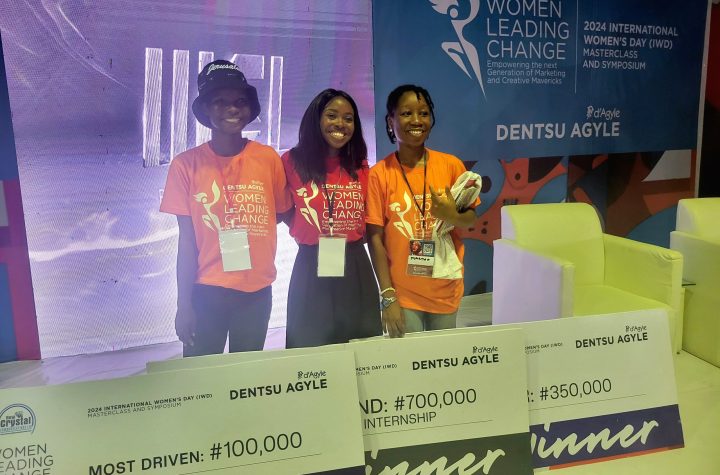
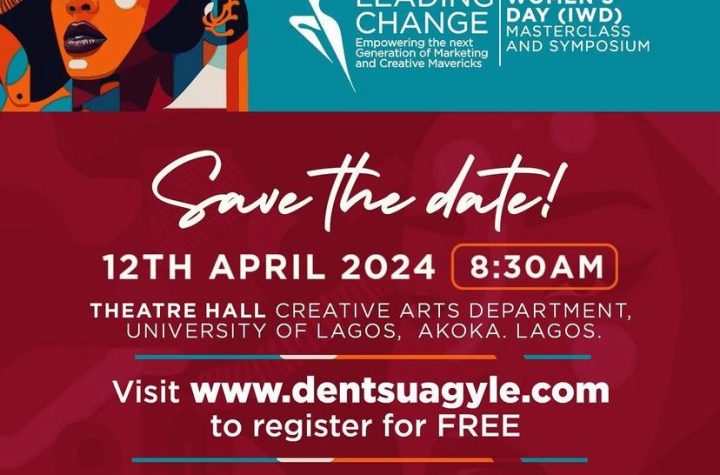
More Stories
The Effect Of Fuel Subsidy Removal On UNILAG Lecturers
MCSAites, Others Emerge Winners at Dentsu Agyle Business Pitch
Librarian Decries Lack of Inclusion for Visually Impaired